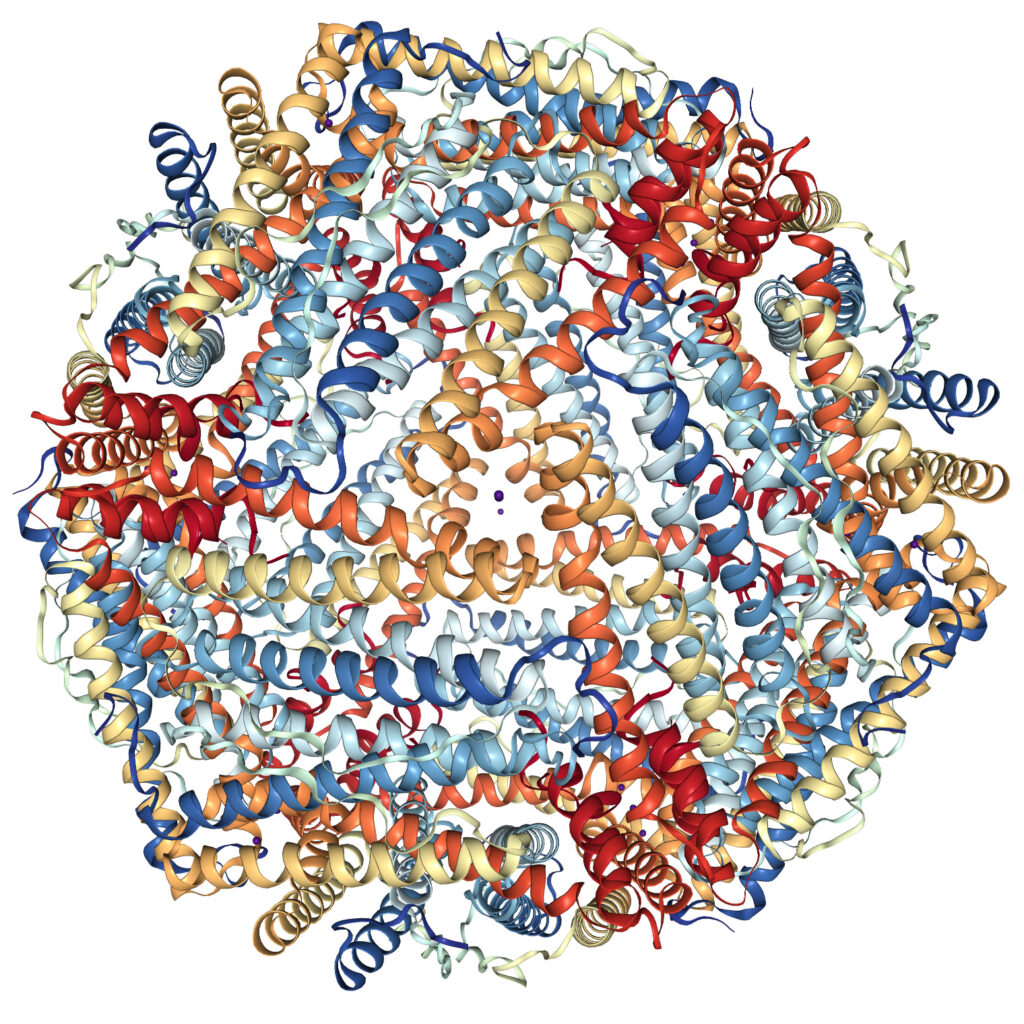
Ferritin is a protein that stores iron in the body, and its levels are often used to assess a patient’s iron status. However, ferritin is also an acute-phase reactant, meaning its levels can rise in response to inflammation—even when a patient is actually iron deficient. This dual role can sometimes make interpretation challenging.
At Lumin Diagnostics, we understand how vital it is to provide accurate test results—and just as importantly, the context that helps you interpret them effectively. Let’s break it down.
🔍 What Is Ferritin?
Ferritin is primarily found inside cells and plays a crucial role in storing iron and releasing it when needed. A small amount circulates in the blood, and that’s what blood tests measure. Typically:
- Low ferritin = low iron stores, often pointing to iron deficiency anemia.
- High ferritin usually indicates iron overload… or inflammation.
Why Ferritin Rises in Inflammation
Ferritin levels can become elevated in response to inflammation, infection, liver disease, and chronic conditions. That’s because the body may increase ferritin production as a protective response—reducing available iron, which some bacteria and viruses need to thrive.
Common causes of elevated ferritin without iron overload include:
- Chronic infections
- Autoimmune diseases (e.g., rheumatoid arthritis, lupus)
- Kidney disease
- Cancer
- Obesity
- Liver inflammation (hepatitis, fatty liver)
So, What Does This Mean for Interpretation?
If a patient has high ferritin but also signs of inflammation (elevated CRP or ESR), the ferritin level may not reflect true iron status. In these cases, iron studies such as:
- Serum iron
- Transferrin saturation
- Total iron-binding capacity (TIBC)
…can offer a clearer picture.
👨⚕️ Clinical Takeaway
Don’t rely on ferritin alone—especially in patients with chronic inflammation.
At Lumin Diagnostics, our pathology team is always available to assist clinicians with interpreting complex cases. We’re here to support your diagnosis, not just deliver numbers.
✅ Need Help With Iron Studies?
Explore our full range of hematology and biochemistry tests or contact our support team for case-specific assistance.
📞 010 500 6258 | ✉️ admin@lumindiagnostics.co.za

Leave A Comment